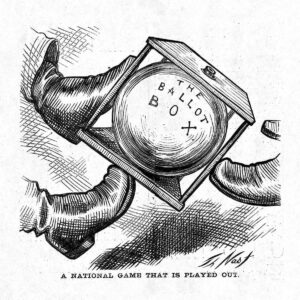
Conveying the 1876 Election to the Public in an Era of Diminishing Democratic Norms
At the Rutherford B. Hayes Presidential Library and Museums, we work to stay on top of the historiographical treatment of the 19th president. As you might expect, the controversial election of 1876 takes up the lion’s share of our efforts. It is the best known aspect of Hayes’s legacy, and ...
Read More
Read More
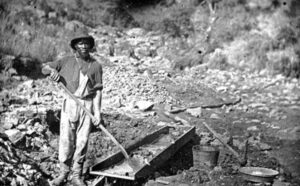
California’s slavery reparations task force and the lessons of history
The nine members of California’s reparations task force have a monumental job before them. They have already conducted a detailed investigation into the history of anti-Black discrimination in the United States; they’re also expected to make a formal recommendation to the California legislature as to who will be eligible for ...
Read More
Read More
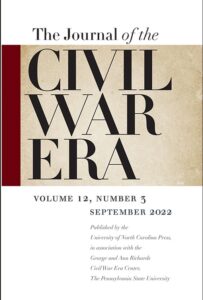
Previewing the September 2022 JCWE Issue
This issue includes one original article, two very interesting lectures, a review essay, and the usual slate of excellent book reviews that together continue to expand our understanding of the field, its key actors, and its central questions. The first of the published lectures is Thavolia Glymph's acceptance speech for ...
Read More
Read More
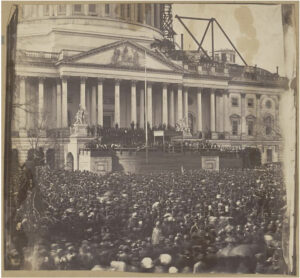
“An Earthquake”: Lincoln’s First Inaugural, Fugitive Slave Rendition, and Virginia’s Secession
[Editor's Note: This article is adopted from Evan Turiano’s forthcoming “‘Prophecies of Loss’: Debating Slave Flight During Virginia’s Secession Crisis,” which will appear in the September 2022 issue of the Journal of the Civil War Era. The Virginia secession convention was set into motion on November 15, 1860, barely a ...
Read More
Read More
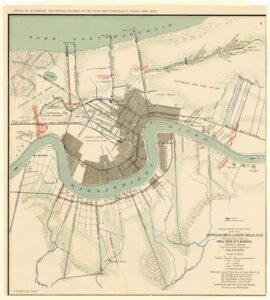
Haunted Former Safe Havens of Reconstruction
I had had enough of ghost stories as the author of a book about the Colfax Massacre. I had discovered the awkwardness of being a white woman who became the expert on the suffering of Black people. And while no one had told me it was not right, I came ...
Read More
Read More
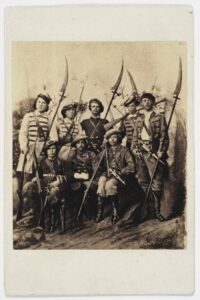
Crossing Borders as Refugees: A Comparison of Dakota and Poles
Civil War era historians have made several comparisons between Russia’s suppression of the Polish rebellion in 1863 and the U.S. efforts to quash the enslavers’ rebellion in the United States. Most of these comparisons are either imbued by traces of U.S. exceptionalism, such as the many U.S. centric interpretations of ...
Read More
Read More

Congratulations to the Winner of The Journal of the Civil War Era’s George and Ann Richards Prize
Cynthia Nicoletti has won the $1,000 George and Ann Richards Prize for the best article published in The Journal of the Civil War Era in 2021. The article, “William Henry Trescott: Pardon Broker,” appeared in the December 2021 issue. Nicoletti’s essay details the efforts of William Henry Trescot, “executive agent” for South ...
Read More
Read More
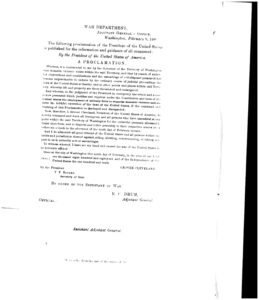
Connecting the Nation: The U.S. Army and the American West in the Study of the Civil War Era Image?
Read the introduction to the A Prelude to an Unholy Union roundtable here, the first installment here, and the third installment here. In the aftermath of a fatal confrontation between elements of Washington Territory’s militia and an enraged anti-Chinese mob, elements of the U.S. Army’s Fourteenth Infantry Regiment occupied Seattle between February ...
Read More
Read More
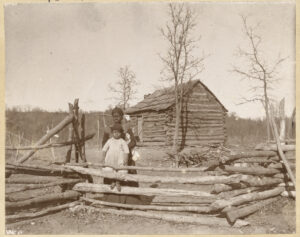
The Reconstruction Politics of the Allotment Era in Indian Territory
Read the introduction to the A Prelude to an Unholy Union roundtable here and the first installment here. In the post-Civil War period, Republicans in Congress and the White House were as equally interested in bringing the American West into the nation as they were in the former Confederate South ...
Read More
Read More
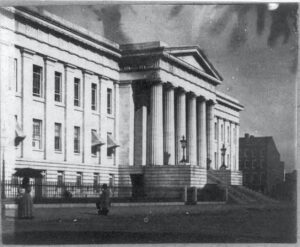
The Case of the Abstracted Indian Bonds
Read the introduction to the A Prelude to a Unholy Union roundtable here. “The investment was made in these particular bonds without consultation with the Indians and without their assent, and the bonds have been stolen.” - Rep. Thomas M. Edwards (R-New Hampshire), July 7, 1862[1] One night early in the ...
Read More
Read More
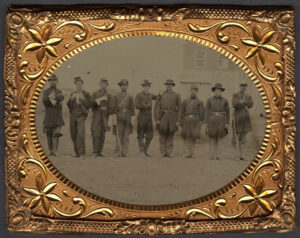
Prelude to an Unholy Union: A Muster Roundtable
The roundtable ahead features three posts that gather Southern and Western history in a continental conversation, from Khal Schneider, Alexandra Stern, and Kevin Adams, respectively. I write to offer background and context for those pieces, all of which build toward October 2024, when the Western History Association and Southern Historical Association will ...
Read More
Read More
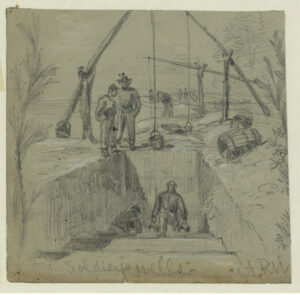
Introducing “Detailed: A Semi-Occasional Series within the Muster Blog”
On August 26, 1861, soldiers of the Seventh Iowa Volunteers announced that Lauman’s Own would be “published Semi-occasionally” for “the benefit of the Regiment.” Similarly, the men of Morgan’s Brigade launched The Vidette to be “published semi-occasionally” in Springfield, Tennessee in late 1862, a member of the Twenty-First Mississippi promised ...
Read More
Read More
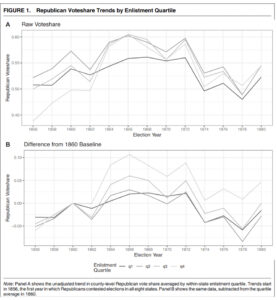
“Let our ballots secure what our bullets have won”: Union Veterans and the Making of Radical Reconstruction?
Editor's Note: This post is part of the Detailed: A Semi-Occasional series within Muster. Read the introductory post here. The passage and enforcement of the Reconstruction amendments is one of the most remarkable expansions of political rights in world history. Political scientists studying the expansion and contraction of political rights ...
Read More
Read More
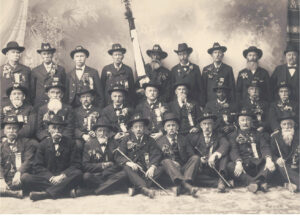
The American Civil War and the Case for a “Long” Age of Revolution
The term “age of Revolution,” since it was used by Eric Hobsbawm in his trilogy of books on the “long” nineteenth-century in the 1960s, is normally used to describe the period between the American Revolution in the 1770s and the democratic revolutions that swept Europe in the late 1840s. Yet, ...
Read More
Read More
Previewing the June 2022 JCWE Issue
This issue exhibits historians’ continuing efforts to grapple with the complexities of the Civil War Era, emphasizing how our collective understanding of the period has been produced, which topics have been neglected or marginalized, and why. Ryan Hall’s article, “Chaos and Conquest: The Civil War and Indigenous Crisis on the ...
Read More
Read More
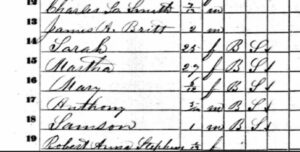
Sarah
The known facts about Sarah’s life begin with one handwritten line in the 1860 U.S. Census. Even this brief individualization represented an anomaly. More than 99 percent of African Americans in Sumter County, Georgia, appeared without names in this simple government spreadsheet that apportioned power in the form of congressional ...
Read More
Read More